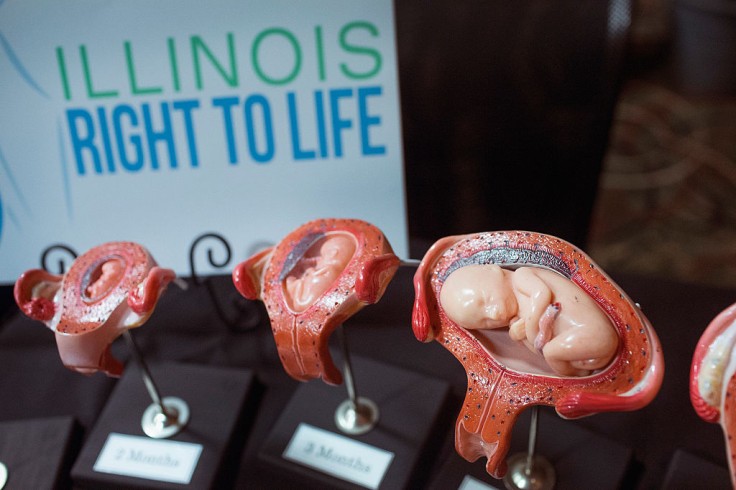
Abortion is explained as either early ending an of pregnancy also known as miscarriage or an induced early ending of a pregnancy.
In Arkansas, amidst the changes in abortion's legal status that passed for years, women have sought abortions for various reasons, including fetal and maternal health problems, concerns financially, and the stigma of a single pregnancy.
Governor Asa Hutchinson, on March 9, 2021, signed into law a bill that outlawed all abortions, with no exception for the termination of pregnancies due to rape or incest, save those performed to save the life of the mother in a medical emergency.
This law was designed to set up legal challenges to the U.S. Supreme Court precedent of Roe v. Wade and came two years after the governor had signed a "trigger law" to go into effect should the Supreme Court ever reverse itself on Roe.
On June 24, 2022, the U.S. Supreme Court overturned its own precedent in Roe v. Wade, thus immediately making abortion illegal in thirteen states, including Arkansas, due to laws at the state level.
Proposal of the Arkansas Comprehensive Abortion Ban
States have constructed a web of abortion laws and regulations that restrict or support whether, when and under what circumstances providers can offer abortion care and a pregnant individual can obtain an abortion.
While a state's abortion policies affect all people seeking care, they are particularly significant for individuals who find it difficult or outright impossible to access care when forced to navigate around abortion bans and restrictions.
This includes people already facing barriers due to factors like their race, income, age or gender identity. The abortion landscape is increasingly polarized and fragmented.
Most of the states have restrictions on abortion or bans in place that make it difficult, if not impossible, for people to get care. Other states have taken steps to protect access and abortion rights.
Our interactive map groups states into one of seven categories based on abortion policies they currently have in effect. Users can select any state to see details about abortion policies, characteristics of state residents and key abortion statistics.
On Tuesday, The Attorney General of Arkansas said he gave consent to the wording of a proposed ballot measure aimed to reducing the state's abortion restrictions, enabling supporters to begin the signature-gathering process for eligibility in the November election. The certified proposal, by Republican Attorney General Tim Griffin, endorsed to seek limits to the state's abortion ban to the first 18 weeks of pregnancy. Notably, the action provides exemptions for cases of fatal fetal anomalies, rape, incest, and situations where the mom's life is risky due to physical disorders, injuries or illnesses.
Gathering Signature for Arkansas Comprehensive Abortion
Arkansas had formerly enacted a comprehensive abortion ban following the overturn of Roe v. Wade by the U.S. Supreme Court in 2022. With this, the ban only allows exceptions for certain abortions of soon-to-be moms to safeguard the mother's life in a medical emergency.
Starting this Sunday in the northwest region of the state, Arkansans for Limited Government has announced plans to collect signatures. To qualify the ballot for the November voting, the group must make way for a minimum of 90,704 valid signatures from registered voters, constituting 6% of the votes cast in the 2022 governor's election.
Samuel Watson has hopes that if the amendment makes it to the ballot in November, it will once again become the voters' choice.
"Let providers make the choices that they need to make in these emergency situations. Let people make the choices that are best for their families," Watson said.
"This amendment really targets our candidates from across the political divide. This isn't really a pro-choice or pro-life amendment, it's just intended to put the solution back into the hands of voters. And so I think we have a strong shot to get this passed in November."
Related Article : Biden's Bold Response to Roe v. Wade Overturn: Expanding Access to Reproductive Care Amid Abortion Bans